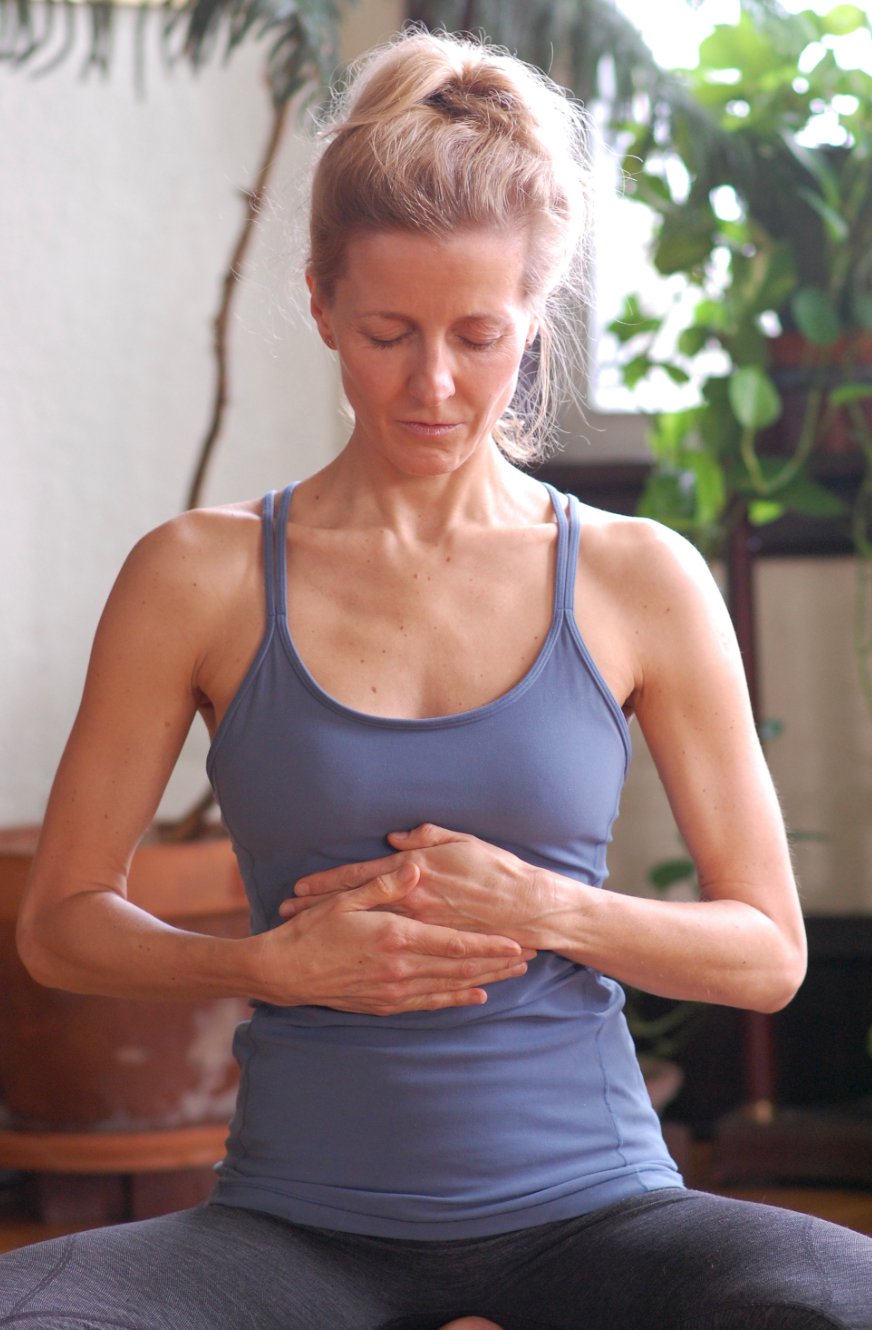
One moment you are fine, and the next, your chest is tight and your breathing is shallow.
Like you just ran too fast, and you are trying to catch your breath. Only you didn’t move at all. You were just sitting there when someone did that something that always triggers a cascade of physiological symptoms.
What the hell just happened?
More often than not: nothing super terrible actually happened except in the energy field of your body. Something within you was reminded of some similar incident, probably old, that was never resolved.
Something that scared you.
Something that made you feel like you were small (which you probably were) and not safe, not loved, and didn’t belong. Pretty much the most awful vibrational feeling inside a human body and experienced by all of us but rarely talked about.
Because who wants to be a needy trembling child in an adult body?
No one does.
So we numb out that embarrassing little voice that screams for safety, holding, and reassurance. And every one of us has our personal, habitual way of dealing with being emotionally triggered:
>> Lash out: make that other person understand that they must change immediately and forever, so we never have to feel that feeling again.
>> Numb out: Cocktails? Food? Electronics? Porn?
>> Check out: I am shutting down, not feeling this, walking away.
Either way—a lot of outs.
But the only way to heal these tender places within is to come in—deeply in.
Back into those hollow places in the energy field of our bodies, in which we abandoned ourselves when we were defenseless against the apparent messaging that we were not important and not safe.
Why would I want to be with that me when the other children, my parents, my siblings didn’t want to be with that me? Clearly, that me is not lovable and should be stowed away, never to be heard from again.
But as long as these places within (in yoga we call them Samskaras) remain abandoned and rejected, they cast a spell on us and on our relationships. As long as they remain unconscious and unhealed, we are not free.
We live with low-grade (or not so low-grade) anxiety because we never know when we might be triggered and feel, yet again like we are not safe, not loved, and don’t belong.
But Samskaras are not that easy to talk about and even more challenging to feel because they generally belong in the category of what we adamantly don’t like about ourselves—and each other, for that matter.
They act like energetic landmines that go off when triggered, and then we quickly try to move on and hope they never embarrass us again—but they always do.
A Samskara is like a deep scratch on the film (of our mind) that we project out into the world, and they become an integral part of how we experience life. They are essentially like a speck on the lens that is projected onto the silver screen of our lives. We are hypnotized into believing that the movie is coming at us and not emanating from us for better and worse.
Short of living in isolation from human interaction, chances are someone will step on this tender wound again—and again. Ouch. And as we become better observers of our own lives and patterns, we might even notice how cleverly we attract just the sort of person and situation that will shine a light on what we need to heal within.
By triggering us—ouch, again.
But there is another way. We don’t have to live in an endless cycle of compulsive repetition of a painful story and the healing medicine is readily at our disposal—at everyone’s disposal because it is the essence of who we are.
What it takes is courage. The word courage comes from the French word cœur, which means heart (which, come to think of it, sounds a lot like cure).
It takes the courage to love what hurts the most. How do we do that?
We become present. We stop shoving the pained places into the deepest basement of our subconscious. We do the opposite.
We welcome the triggered moment because that is when the basement door is cracked open, and we have the opportunity to shine a light on what wounded piece of us lives in there.
For example, he says that thing, she texts that thing, or worse, he doesn’t text back. They are not there. I am alone, and no one loves me, and my gut is in knots.
That moment—at that moment—breathe and be with the energy field of your body. Feel into it. Deeply. Notice the intricate sensation of the triggered state.
Where do you feel it?
In the tummy? The heart? The throat?
Notice. Be willing, be courageous to be with that place in your scared body.
Don’t lash out. Don’t numb out. Don’t check out—just breathe.
Be here with you and the feeling precisely as it shows up.
The vibration of fear? Loneliness? Despair? Sadness?
Be with it. Does the emotional vibration have a shape? Color? Density?
How old is this feeling? It is not the first time you have felt this. Feel back into time.
Let this energy knot tell you its story. Let your Samskara show you other times when this feeling was overwhelming.
Let images, feelings, and memories arise naturally. Maybe you will discover another time when this feeling was flooding you.
Be with that part of you—that younger you who felt this way.
This little version of you needs you so much. Be with yourself the way the world, your caretakers, and your friends could not. Just be with the pain. Hold it with as much presence as you can muster for as long as you can tolerate the emotional discomfort—then release.
That’s good for now. This place inside you has received a dose of your loving presence. The healing has begun, and the present-day situation that triggered you just then has likely lost a bit of its charge.
Breathe. Tears are okay. Be with you.
This is the courageous work of self-love and presence.
This is your transformation.
Now no one can ever make you feel alone again because you have got your back from now on. Your mighty, loving, compassionate presence is with you now and will never leave you.
Presence is to notice, be aware, be here. Be here for you the way no one else fully can or ever will.
This willingness to be present with you is your direct link to the source itself.
From now on, it will be better—just breathe.
~











Read 18 comments and reply